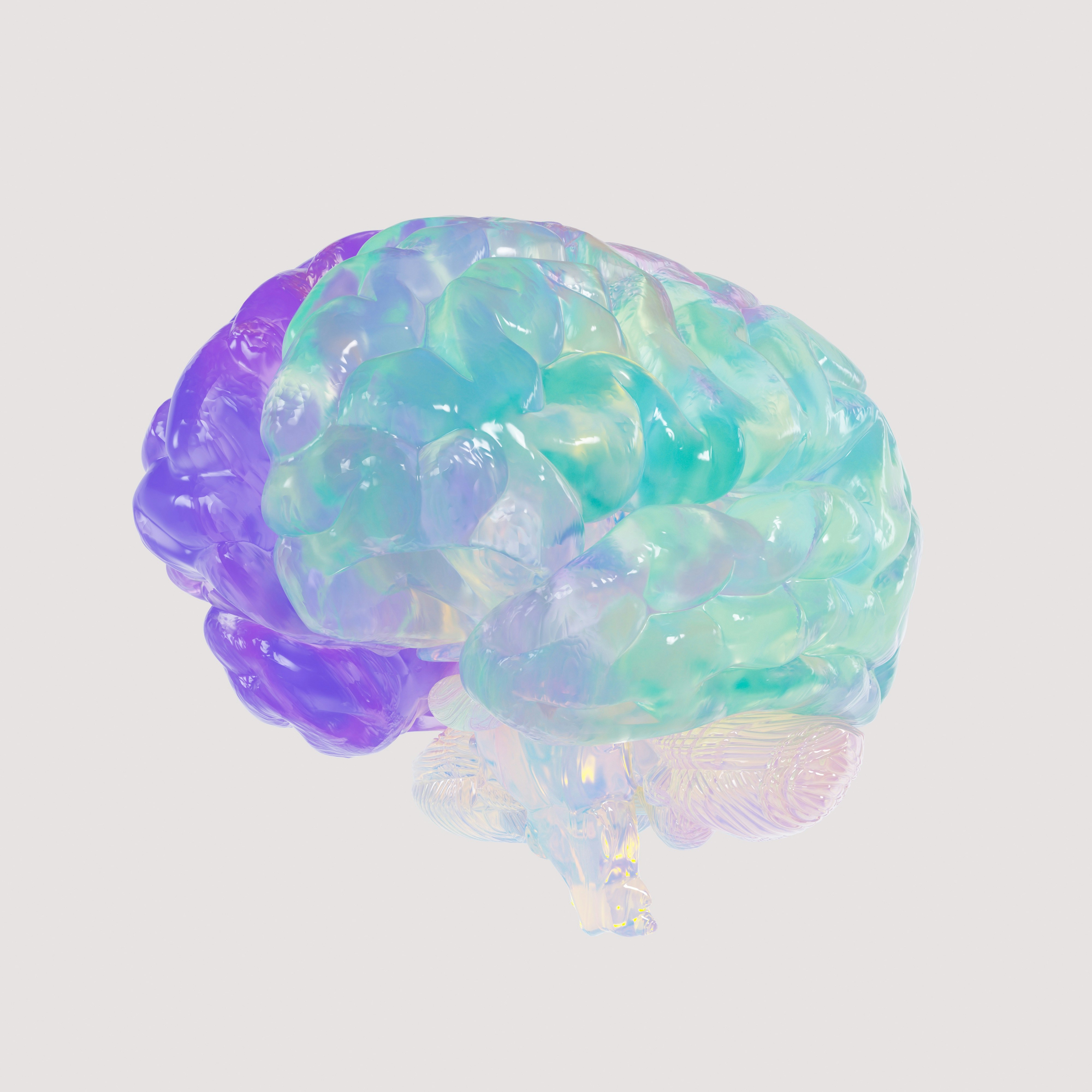The term is used to emphasize overall brain function rather than solely in reference to emotional and psychological well-being. A recent survey by AARP reveals that over 80% of American adults aged 50+ are familiar with brain health, associating it with good memory and cognitive abilities. However, only 30% believe that lifestyle habits can significantly reduce their risk of dementia, while 40% think they can lower their risk slightly. Despite this, most respondents indicated they would adopt lifestyle changes such as engaging in mentally stimulating activities, getting restful sleep, and eating nutritious meals if diagnosed with dementia.

Age is a major risk factor for Alzheimer's disease, which affects nearly 7 million Americans over 65. The FDA has approved two medications for early-stage Alzheimer's that can slow its progression, yet only 10% of adults aged 50 and older are aware of these treatments. Nonetheless, 79% expressed willingness to take these medications, with acceptance increasing among older age groups. Additionally, two other medications are approved to manage symptoms like agitation and psychosis, and 74% of older adults are open to using them.
Awareness of early detection methods for Alzheimer's is low, with 80% of adults aged 50+ unaware of a blood test that identifies biomarkers like beta-amyloid and tau. These biomarkers are linked to cognitive decline and brain atrophy. Among those aware of the test, nearly half would likely get it. The AARP survey highlights that while knowledge about brain health and lifestyle impacts on dementia risk is high, awareness of new medications and early detection methods remains limited.

Brain training at any age
Luckily, you can take steps to boost your cognitive health at any age. The Thinkie brain training sensor utilizes functional Near-Infrared Spectroscopy (fNIRS) technology to measure real-time brain activity. This non-invasive method tracks changes in blood flow to the prefrontal cortex, providing immediate feedback on cognitive engagement. By visualizing brain activity through color-coded signals, users can see how their brains respond to various exercises and games designed to enhance verbal memory, visual memory, executive function, sustained attention, and processing speed. This real-time feedback allows users to adjust their activities for optimal brain stimulation, potentially improving overall cognitive function and brain health.

The Thinkie System also includes a comprehensive app that offers a range of science-backed brain training games and activities. Thinkie's app tracks progress and provides personalized insights into brain activity levels, helping users set and achieve cognitive goals. Regular use of the Thinkie sensor and app encourages consistent mental activity, which is crucial for maintaining cognitive sharpness as one ages. Thus, Thinkie's technology supports brain health and contributes to a proactive approach to mental wellness.
Some notes on the study
The AARP research study aimed to explore US adults' views on brain health, new medications for Alzheimer's disease, and the impact of lifestyle choices on dementia. The survey, conducted both online and by phone, targeted participants aged 50 or older, with a sample size of 1,012 individuals. The survey sample consisted of a slight majority of female participants (53%) compared to male participants (47%). Mean age of survey participants was 65.4 years.
